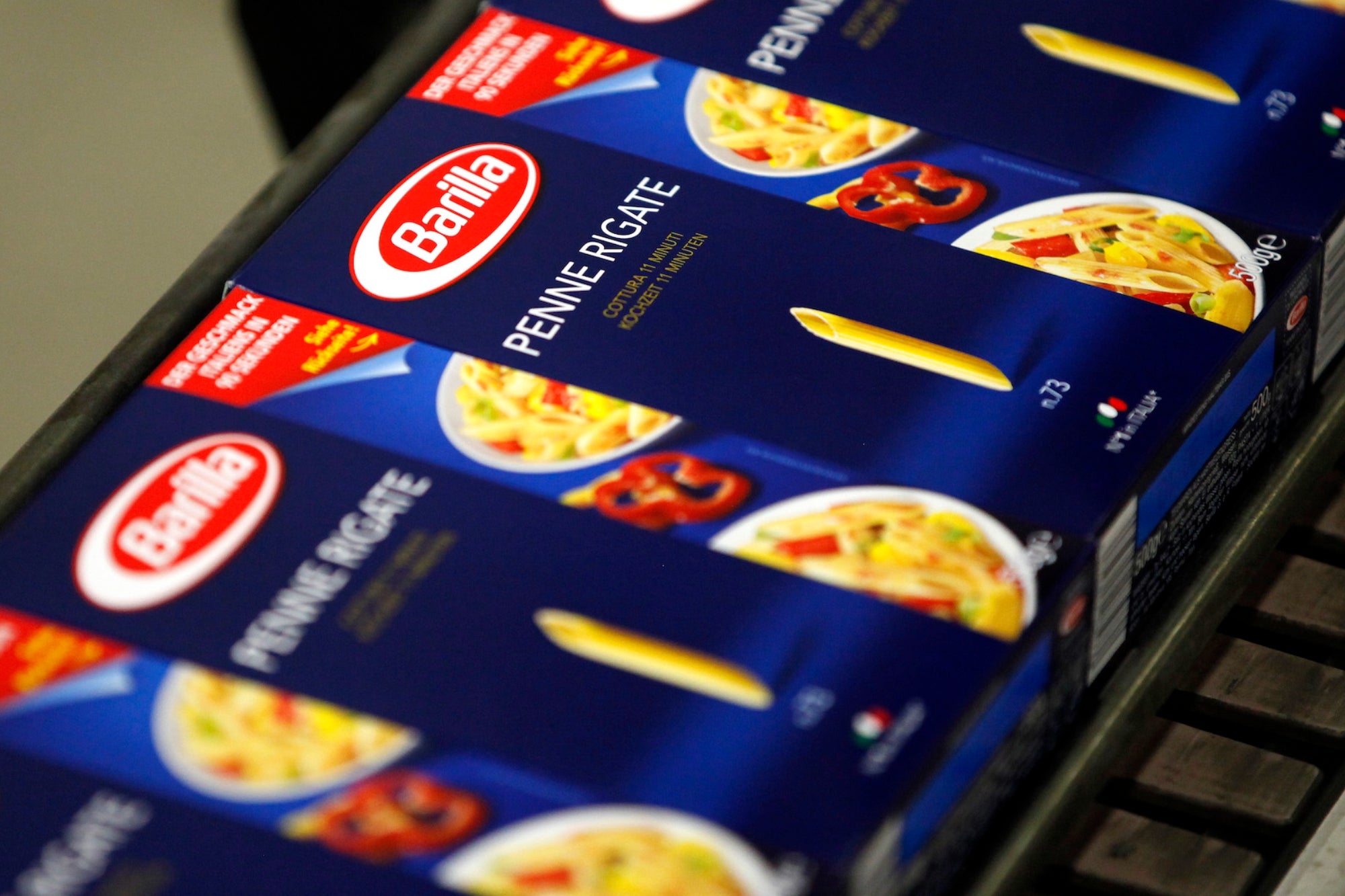Italy Is Facing a Pasta Crisis, Minister of Industry Calls An Emergency Convention Prices of the staple have skyrocketed an estimated 17.5% in a one-year period.
By Emily Rella

The pasta-bility of a disaster seems imminent in Italy as inflation threatens the nation's pasta industry.
Italy's Industry Minister of Enterprise, Adolfo Urso, has called a crisis convention to address soaring pasta prices, which have increased 17.5% from March 2022 through the end of March 2023.
The commission is run by lawmakers, consumer rights groups, and pasta makers and was created to figure out why pasta prices have doubled Italy's regular inflation rates.
The skyrocketing costs are concerning because the price of durum wheat, the grain that most Italian pasta makers use to create their noodles, has actually decreased around 30% from May 2022 to the present day, so lawmakers are looking for an explanation.
Prices have also varied by region — pasta prices in Siena, a city in Italy's Tuscany region, have increased as much as 58% while more Northern areas like Alessandria have only seen increases under 5%.
Per CNN, a representative on behalf of Urso explained that pasta makers had attributed their higher prices to "the disposal of inventories [of pasta] made when the cost of raw materials was higher" and that the commission was confident after talks that "in the coming months, the cost of pasta will drop significantly."
Supply issues have been a result of the ongoing conflict between Russia and Ukraine, as inflation surrounding raw materials and supply chain disruptions are widespread across Europe, reports said. But consumer rights groups are also blaming corporate greed.
"There is no justification for the increases other than pure speculation on the part of the large food groups who also want to supplement their budgets with extra profits," Furio Truzzi, the president of the consumer rights group, Assoutenti, told the Washington Post.
According to data from Statista, 63% of Italians eat pasta either every day or every other day, with the average Italian consuming roughly 51.8 pounds of pasta each year.











